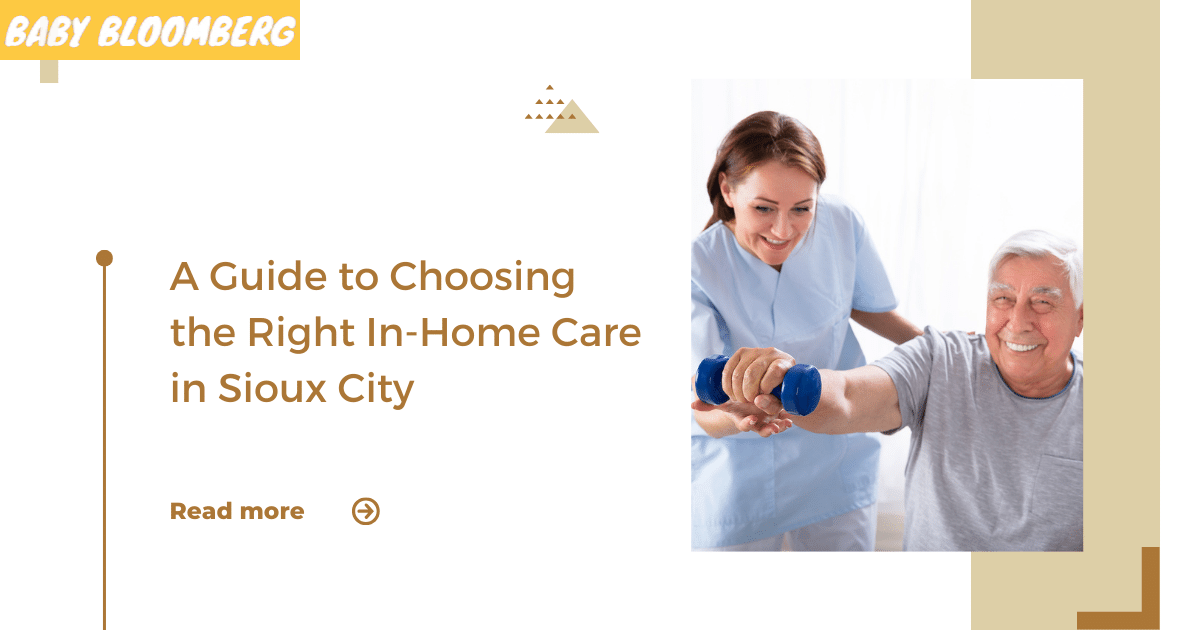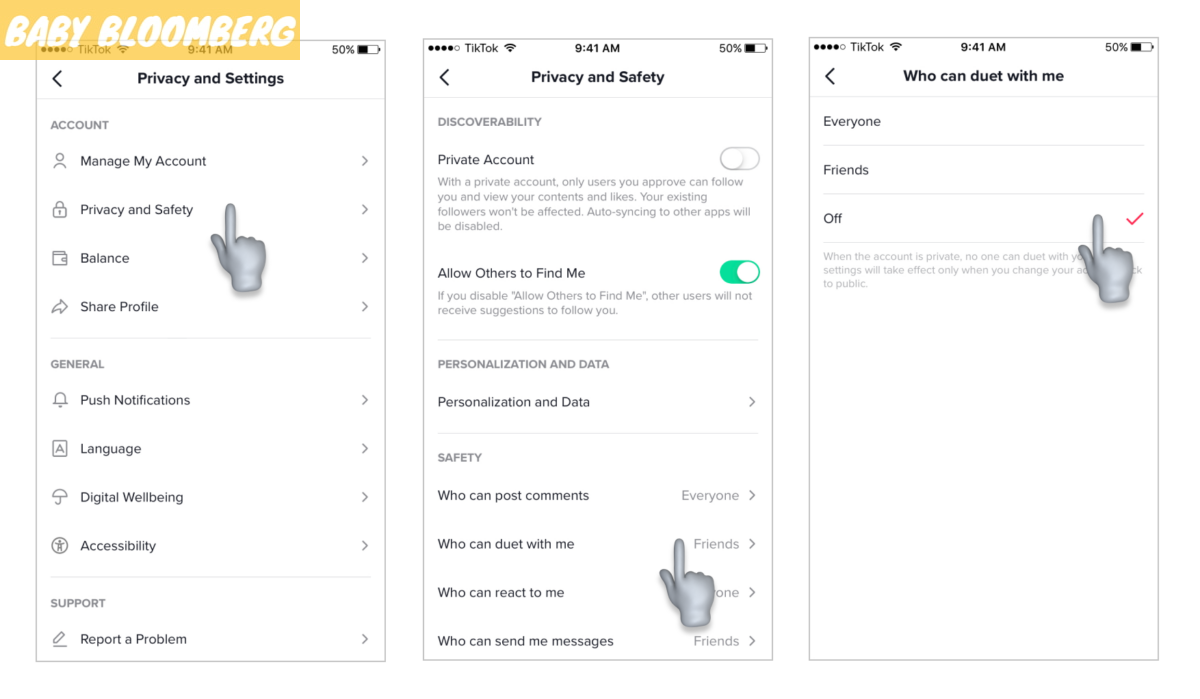Family is the foundation of one’s life, and building positive and meaningful relationships within the family is crucial for a happy and fulfilling life. In this blog post, we will explore various strategies that can help strengthen family bonds and foster healthy relationships. By taking an interest in each other’s lives, practicing effective communication, and spending quality time together, families can create a nurturing and supportive environment. Let’s dive into the key strategies for building positive and meaningful family relationships.
Key Strategies for Building Positive and Meaningful Family Relationships:
Strategy 1: Taking an Interest in Each Other’s Lives
To build strong relationships within a family, it is essential to take an active interest in each other’s lives. Show genuine curiosity and ask questions about each family member’s day, interests, and challenges. By being attentive and engaged, you not only demonstrate your love and care but also strengthen the bond between family members.
Strategy 2: Including Everyone in Conversations
Inclusive conversations are vital for fostering positive family relationships. Ensure that every family member feels valued and included in discussions. Encourage open dialogue where everyone has the opportunity to express their thoughts and opinions. By giving each person a voice, you create an environment of respect and understanding, which leads to stronger connections within the family.
Strategy 3: Sharing Family Stories and Memories
One of the best ways to strengthen family bonds is by sharing stories and memories. Take time to reminisce about past experiences, both joyful and challenging. These shared stories not only create a sense of belonging and unity but also help younger family members learn about their heritage and family values. Make it a regular practice to share anecdotes and create new memories together.
Strategy 4: Spending Quality Time Together
Quality time is the cornerstone of building meaningful family relationships. Set aside dedicated time for family activities and bonding. This can include family outings, game nights, or even simple activities like cooking or gardening together. By prioritizing and making time for each other, you foster a sense of togetherness and create lasting memories.
Strategy 5: Trust and Communication
Trust and communication are the foundation of any healthy relationship, and the same holds true for family relationships. Encourage open and honest communication among family members. Create a safe space where everyone feels comfortable sharing their thoughts and feelings. This trust and effective communication promote understanding, empathy, and stronger connections within the family.
Strategy 6: Having a Shared Purpose
Having a shared purpose can significantly strengthen family relationships. Identify common goals or interests that the family can work towards together. This could be volunteering for a cause, supporting each other’s dreams and aspirations, or embarking on a collective project. By having a common purpose, families create a sense of unity and cooperation, further deepening their relationships.
FAQs: Building Positive and Meaningful Family Relationships
1. How important is trust in building positive family relationships?
Trust is essential in building positive family relationships. It creates a sense of safety and security, allowing family members to be vulnerable and open with each other.
2. How can I encourage open communication within my family?
To encourage open communication, create a safe and non-judgmental space where everyone feels heard and respected. Practice active listening, validate each other’s feelings, and be open to discussing both positive and negative emotions.
3. What can I do to strengthen my relationship with my partner?
To strengthen your relationship with your partner, prioritize spending quality time together, practice effective communication, and be honest about your life and emotions. Show appreciation and support for each other’s growth and find shared interests or goals to pursue together.
4. How can I involve my children in building positive family relationships?
Involve your children by including them in conversations, considering their opinions and perspectives, and creating opportunities for quality family time. Encourage them to participate in activities and share their thoughts and experiences with the rest of the family.
5. Is it important to have regular family rituals or traditions?
Yes, having regular family rituals or traditions is important as it creates a sense of stability, belonging, and identity. These rituals can be as simple as weekly family meals, holiday traditions, or annual vacations.
6. How can I handle conflicts within my family?
Handling conflicts within your family requires active listening, empathy, and understanding. Use “I” statements to express your feelings, avoid blame or criticism, and work towards finding mutually agreeable solutions.
Building positive and meaningful family relationships is a lifelong journey that requires effort and commitment from every family member. By taking an active interest in each other’s lives, practicing effective communication, sharing stories and memories, and spending quality time together, families can create a strong foundation of love, trust, and support. Remember, strong family relationships contribute to overall happiness and well-being. Start implementing these strategies today and watch your family bond grow stronger day by day.











